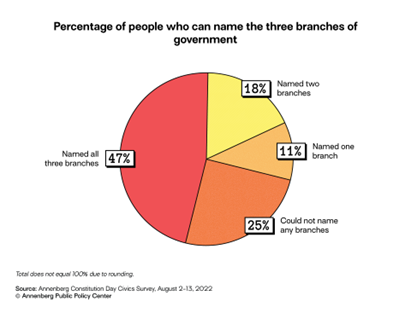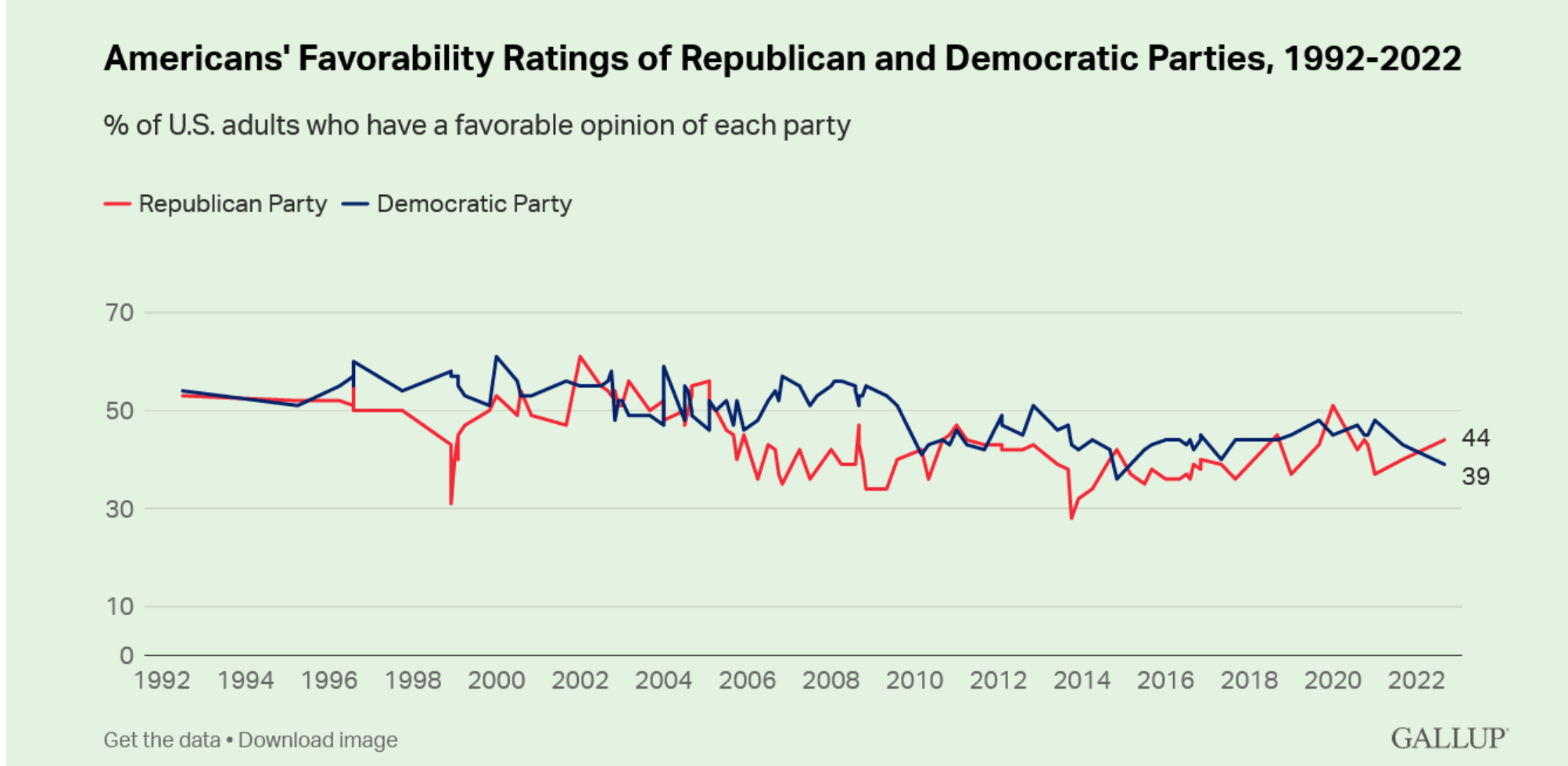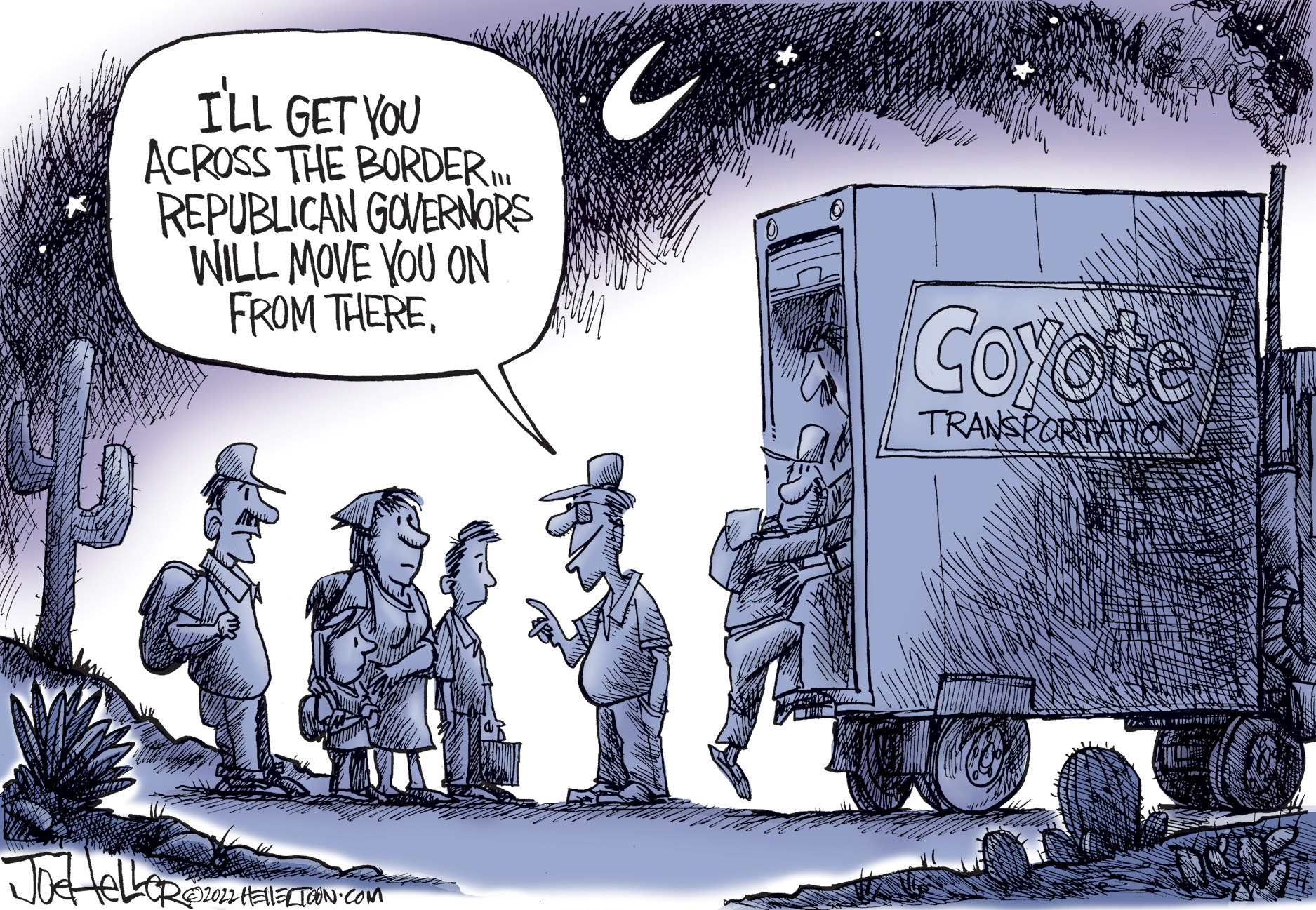The Daily Escape:

Sunset, Cranberry bog, Yarmouth, MA – October 2022 photo by Jean Burns
Wrongo and Ms. Right are leaving on Sunday for a week in London. We’re arriving there just as the horse race for whoever will become the UK’s next prime minister will be clear to all. We’re expecting it to dominate the British news while we’re there.
On September 10, Wrongo said he wasn’t a fan of the now departed Liz Truss. He also said it was hard to believe her effort to revive the zombie concept that is trickle-down economics would go well with the UK already in a recession. She lasted just 44 days in office. Here’s a hot take from England:

Seems like a lot of turmoil for a small, low growth, densely populated country.
Truss’s sin was simple. Her economic plan was designed to satisfy libertarian think tanks and fans of Ronald Reagan and Margret Thatcher rather than to be something workable. Republicans in America do this kind of thing because we can, since the dollar is the world’s reserve currency. That means we can go almost as far into debt as we want without the markets panicking.
But the UK doesn’t have that luxury. So there’s a limit to how many favors they can do to their own fabulously rich citizens.
The policy that got Truss thrown out of No. 10 Downing Street was a copy of the foundational Republican US domestic agenda, as practiced from Reagan to Trump. That is, cut taxes for the rich and corporations, then hope it eventually creates tax revenue before it forces spending cuts.
And the British financial markets seem to actually care about the well-being of their country’s economy. However, American markets seem to care only about maximizing share prices and the after-tax compensation of top-level executives.
US Conservatives were delighted when Truss became PM. On September 23, Larry Kudlow said on FOX:
“The new British prime minister, Liz Truss, has laid out a terrific supply-side economic growth plan which looks a lot like the basic thrust of Kevin McCarthy’s Commitment to America plan.”
Needless to say, like Truss, Republicans are also willing to do unfunded tax cuts and call it a growth agenda. They’re also willing to fail to extend America’s borrowing limit, in order to make their agenda happen. The GOP would try to hold the Democratic president hostage in order to share some political responsibility for that action, never mind that an American debt default would also hold a gun to the global economy.
That isn’t possible in the country that brought you Maggie Thatcher. They toss out their incompetent supply-siders. The elephant in the room of the UK’s chaos and crisis is 2016’s Brexit. Even though Brexit has brought about low GDP growth, it remains a hard right political project rooted in a mythical British past.
Brexit’s Tory supporters didn’t care about the hard economic evidence that Brexit would be an act of economic self-harm. And the political divisions Brexit caused in the Tory party remain a problem as they now seek to unite behind another sacrificial PM. From David Frum:
“The problem is that you’re not eligible for the captaincy unless you agree it was a brilliant idea to scupper the ship in 2016 – and can convincingly act baffled why it has been sinking ever since,”
If America still has the ability to learn, it would be great if they studied this Tory disaster.
It would be nice if American voters would really punish Republicans when they fuck up and tank the economy again. And not just by electing a Democratic president, as they did in 1992 and 2008 when the economy went south.
OTOH, if anything can get Joe Biden reelected, it’s a Republican-led Congress in 2023 and 2024. They will screw things up just as thoroughly as Liz Truss has screwed the pooch in Britain. Then, we’ll have to see if they’ll ever be blamed for it.
Enough foreign politics for today. It’s time for our Saturday Soother, where we consider raking the leaves that are suddenly carpeting the Fields of Wrong but decide to put it off until we return.
Let’s start by brewing up a big mug of Costa Rica Cerro Dragon Geisha Honey ($12.00/4oz.) from RamsHead Coffee Roasters of Bozeman, Montana. It is said to be an invitingly complex Costa Rica honey-processed cup with notes of tropical fruit, sweet herbs, and crisp cocoa.
Now grab a seat by a south-facing window and listen to Khatia Buniatishvili play Schubert’s “Impromptu No. 3 in G-Flat Major, Op. 90, D. 899”. It isn’t played in front of a live audience, so no coughing, etc.
Schubert wrote eight solo piano pieces called impromptus. An impromptu is a musical work, usually for a solo instrument, in this case, piano. Schubert composed this work the year before he died:






 Fall arrives in Ouray, CO – October 2022 photo by
Fall arrives in Ouray, CO – October 2022 photo by 











